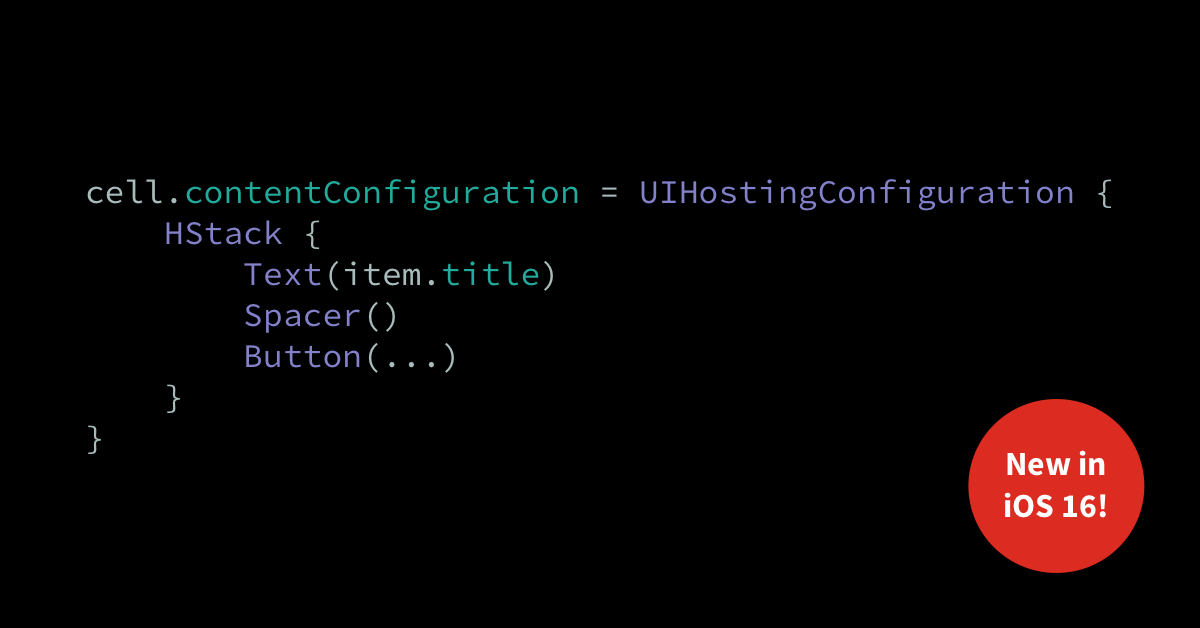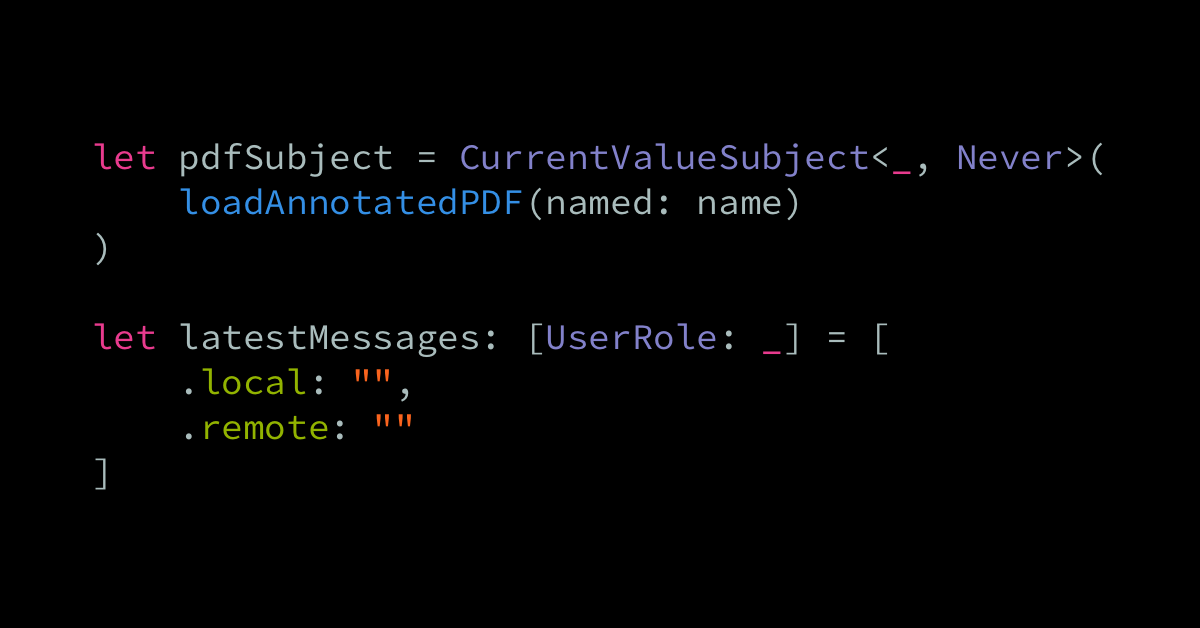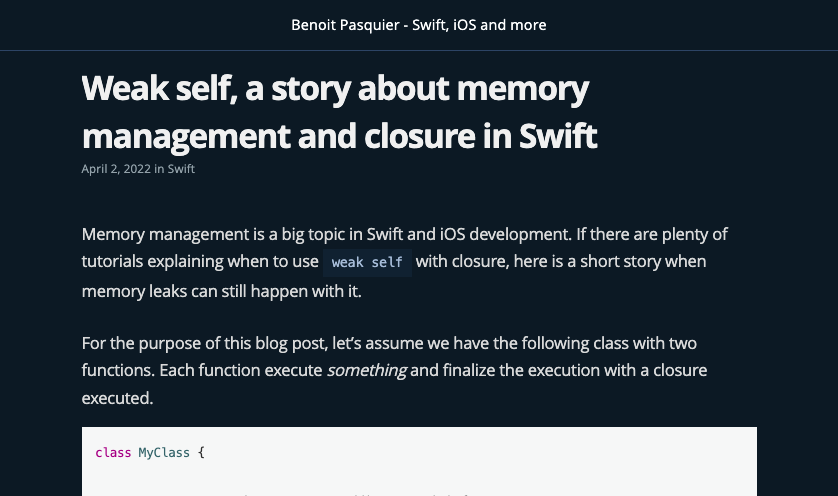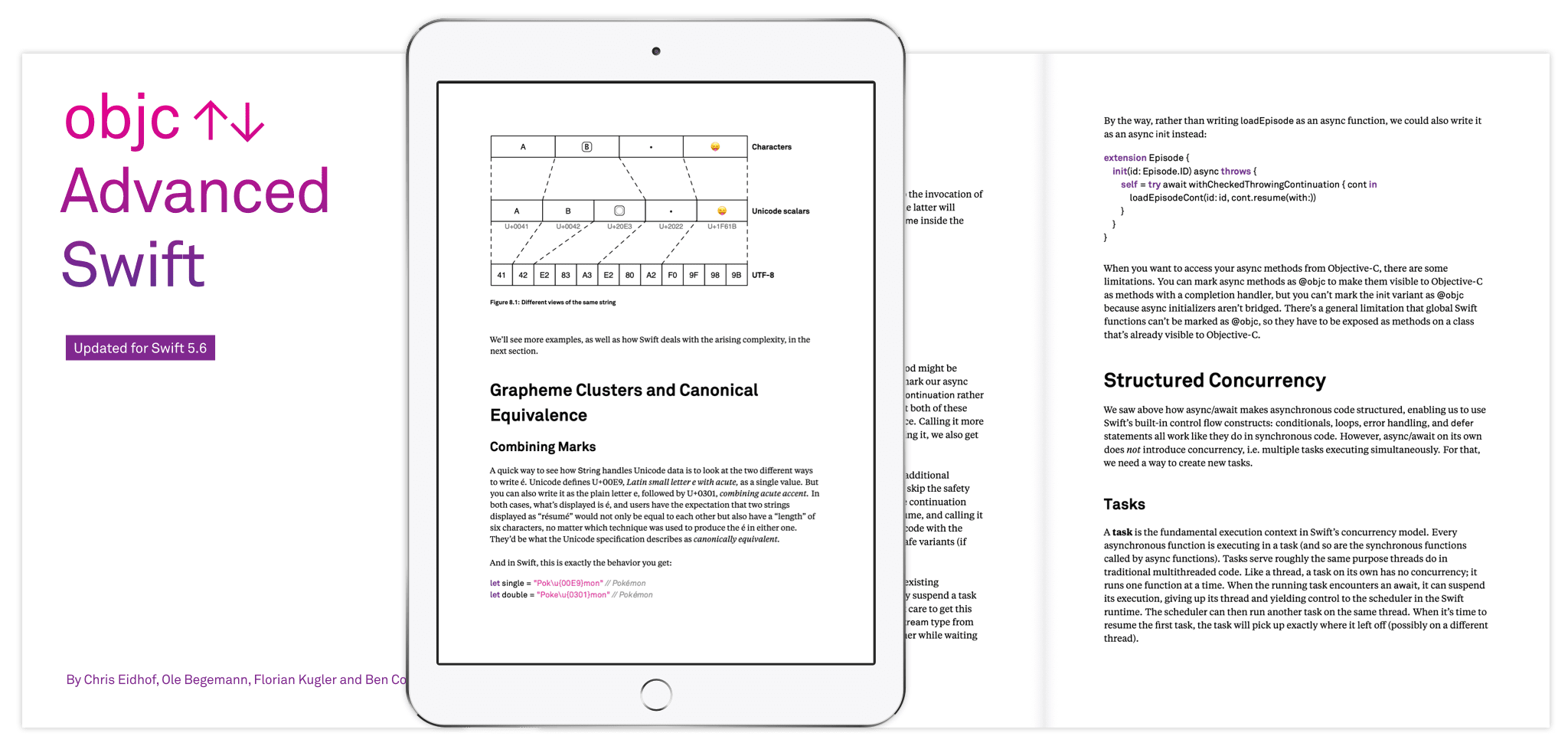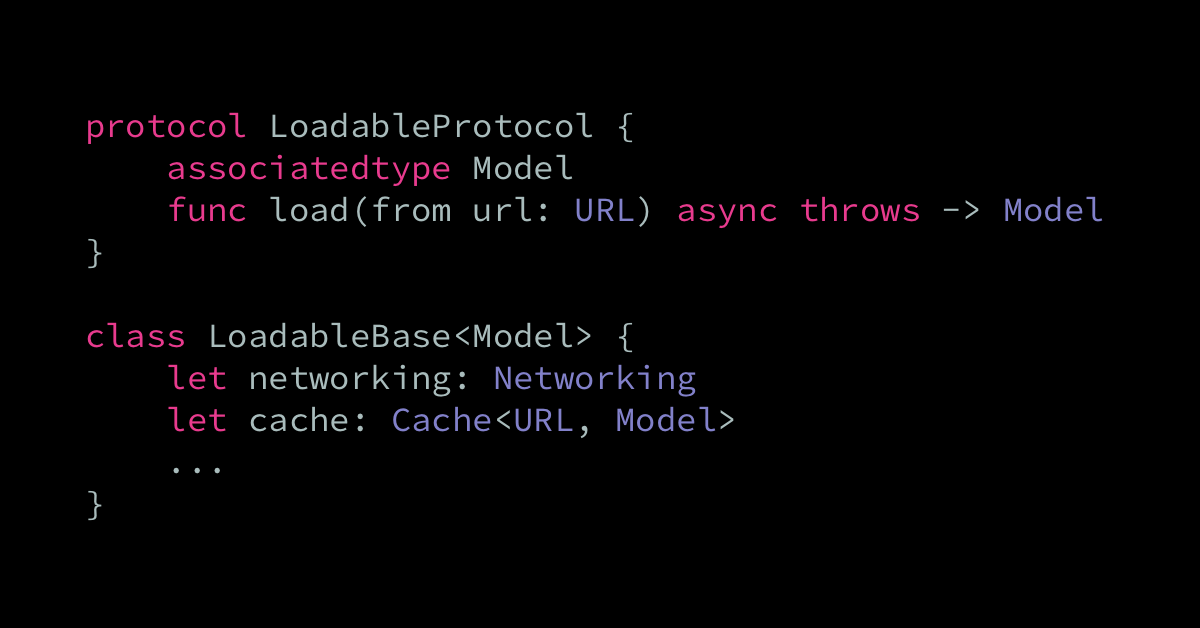Ever since its original introduction in 2019, SwiftUI has had really strong interoperability with UIKit. Both UIView and UIViewController instances can be wrapped to become fully SwiftUI-compatible, and UIHostingController lets us render any SwiftUI view within a UIKit-based view controller. However, even though macOS has had an NSHostingView for inlining SwiftUI views directly within any […]
Chris Eidhof returns to the podcast to talk about how SwiftUI has evolved since its initial release, to share several key learnings from using it over the past few years, and to discuss concepts like app architecture and state management. Judo: Quickly build native, server-driven UI for iOS and Android, and publish instantly, without having […]
Today it’s been exactly five years since this website first launched, and what a journey it has been! When I started this website after having published weekly articles on Medium for a few months, I honestly had no idea what to expect. I wasn’t even sure if anyone would even find the site to begin […]
Simon Støvring returns to the show to talk about how he built his new text editor Runestone, how to effectively manage an app’s settings, performance tuning, and implementing an app’s core logic as a stand-alone framework. Judo: Quickly build native, server-driven UI for iOS and Android, and publish instantly, without having to submit updates to […]
The environment in SwiftUI is sort of like a global dictionary but with stronger types: each key (represented by a key path) can have its own specific value type. For example, the \.isEnabled key stores a boolean value, whereas the \.font key stores an Optional<Font>. I wrote a custom dictionary type that can do the […]
Swift’s type inference capabilities have been a very core part of the language since the very beginning, and heavily reduces the need for us to manually specify types when declaring variables and properties that have default values. For example, the expression var number = 7 doesn’t need to include any type annotations, since the compiler […]
Memory management is a big topic in Swift and iOS development. If there are plenty of tutorials explaining when to use weak self with closure, here is a short story when memory leaks can still happen with it. For the purpose of this blog post, let’s assume we have the following class with two functions. […]
We released the fifth edition of our book Advanced Swift a few days ago. You can buy the ebook on the objc.io site. The hardcover print edition is printed and sold by Amazon (amazon.com, amazon.co.uk, amazon.de). Highlights of the new edition: Fully updated for Swift 5.6 A new Concurrency chapter covering async/await, structured concurrency, and […]
Sommer Panage returns to the show to discuss Apple’s various accessibility APIs and tools, how to incorporate accessibility support into a team’s overall development workflow, and what it was like being an engineering manager at Apple. Emerge Tools: Optimize your app’s startup time, binary size, and overall performance using Emerge’s advanced app optimization and monitoring […]
In object-oriented programming, an abstract type provides a base implementation that other types can inherit from in order to gain access to some kind of shared, common functionality. What separates abstract types from regular ones is that they’re never meant to be used as-is (in fact, some programming languages even prevent abstract types from being […]
